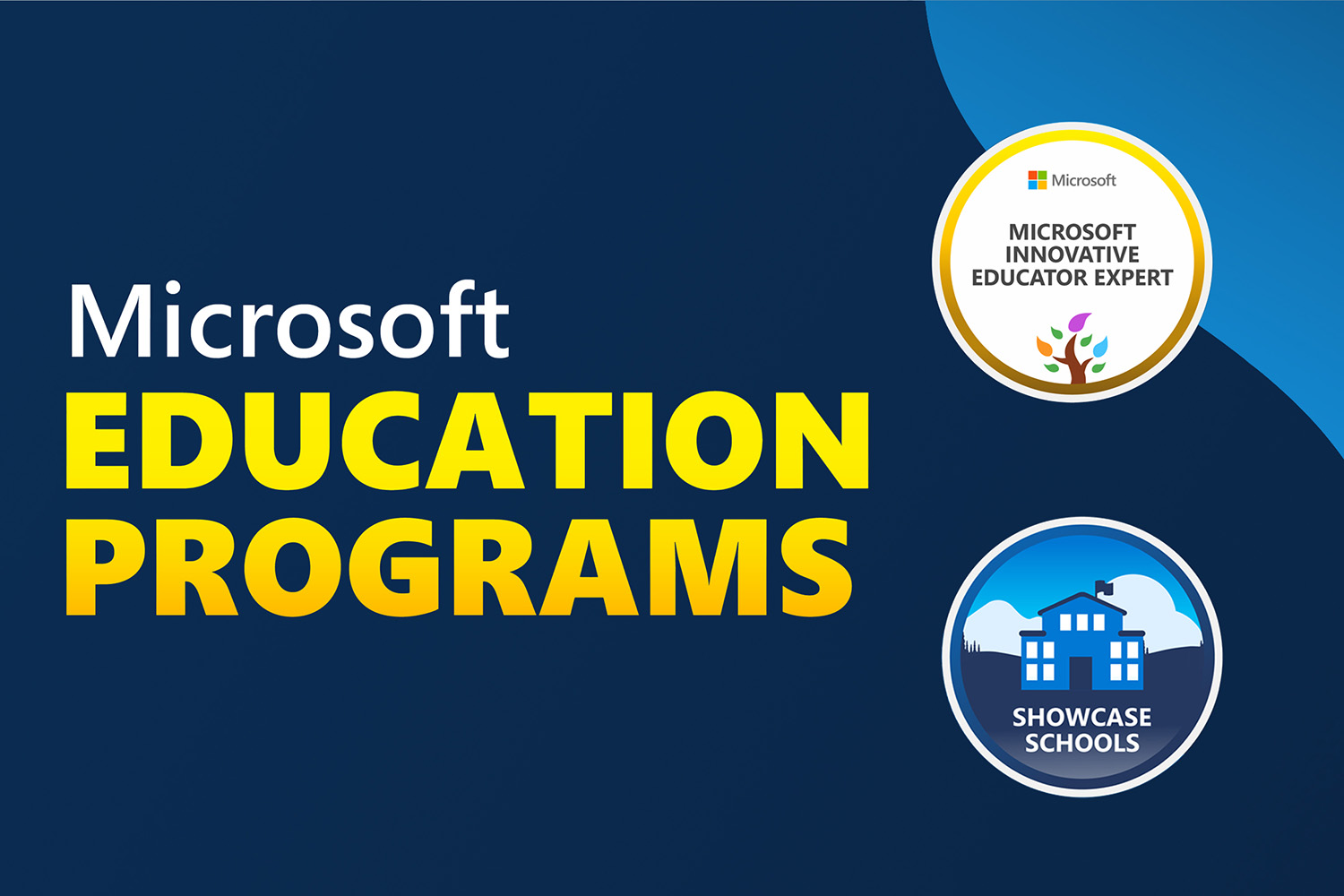
Seven years ago, the United Nations declared March 20th the International Day of Happiness to encourage countries around the globe to take concrete steps to cultivate happiness and well-being in people’s lives.
Today, I am super excited to help celebrate by releasing new global research on the topic of “Emotion and Cognition in the Age of AI.” Conducted by The Economist Intelligence Unit (EIU) and supported by Microsoft, the research explores what educators and school systems can do to help students thrive in our rapidly changing world, and how technology can help.
Our findings spotlight the vital importance of helping students cultivate a sense of happiness and well-being, so they can thrive in school and in life. We listened to more than 760 educators in 15 countries, interviewed leading experts and reviewed 90 pieces of original research.
There are currently 1.5 billion students around the world. Educating them is one of society’s most urgent priorities. At the same time, the world is changing faster than ever, which has a massive impact on the skills that students will need when they graduate into the professional world.
In our work on the Class of 2030, we heard from educators and experts that the future of education will be profoundly personalized, socially embedded and amplified by technology.
Higher-order cognitive skills will remain vital, but advanced social-emotional skills are increasingly critical. Social-emotional skills are fundamental to well-being, which we know is a key predictor of academic and employment success.
In this latest research, 80% of educators confirmed that well-being is critical for academic success and developing essential communication and collaboration skills.
We also heard that three areas of technology are particularly important: immersive experiences, which can help students develop empathy by experiencing the world from someone else’s perspective; collaboration tools that enable students to work together and with their teachers in new ways; and data and analytics that can help schools better understand students’ needs and how to support them.
These are areas we’re emphasizing in our products—from Minecraft Education edition to Flipgrid, Teams with OneNote Class Notebooks, DataSense and Azure—and we have compelling evidence our solutions are having a positive impact on key academic outcomes.
We also found promising trends in Latin America. Our research suggests that countries there are leading the way with approaches to well-being, with more teachers fully incorporating the development of emotional literacy in classrooms.
Find out how important motivation and emotions are to achieve independent learners https://aka.ms/HappinessResearch #SEL #InternationalDayofHappiness #SELClick To Tweet
We also studied schools where well-being is especially strong in order to look for common threads. We heard that these “leader schools” tend to:
- Have a formal plan to promote well-being
- Measure and monitor well-being as well as academic achievement
- Support inclusive classroom practices that amplify student voices
- Engage purposefully with the community
- Take a whole-school approach to professional learning
I invite you to review the full report and share it widely with anyone interested in shaping the education system of the future.
We also have several other announcements to help celebrate the International Day of Happiness:
- The Salzburg Global Seminar today released a formal statement that highlights the promise of social-emotional learning to help build more inclusive communities and more vibrant economies. Microsoft signed a memorandum of understanding with the Salzburg Global Seminar last December to signal our support for this important work, and we are proud to be signatories to the declaration.
- We have launched a free webinar series on Teaching Happiness, which provides a broader exploration of things educators can do to cultivate the skills that empower students to lead happy and fulfilling lives. You can get the full infographic on the research here: ms/wellbeinginfographic
- We are sponsoring a free, online event today, hosted by Education Week, on Social Emotional Learning in Schools. The two-hour event will feature EdWeek journalists speaking with teachers, researchers and school leaders about the latest efforts to advance social-emotional learning at district, school and classroom levels. If you can’t participate real-time, the content will be available on-demand for future viewing.
- We are releasing a new Skype in the Classroom activity plan with a specific focus on social-emotional skills. This includes a guide for teachers and scripts that will help them encourage these skills in students when they participate in Skype sessions. Access the guide here https://aka.ms/SITCactivityplans
Once you’ve reviewed some (or hopefully all!) of these materials, we encourage you to share your thoughts. Join our global #MSFTEduChat TweetMeet on Tuesday, April 16 to discuss the incredibly important topic of Teaching Happiness with teachers and leaders from all over the world. Starting time for this multilingual Twitter event is 10am PDT. Check your local event times and stay tuned for our announcement.
We sit at an amazing crossroads where the complexity of the world’s problems continues to accelerate, but so too does the ability of technologies like artificial intelligence to help solve them.
But AI alone will never be enough. To maximize the potential of tech tools, we need to apply our uniquely human emotional intelligence. When the best of technology and the best of humanity come together—when the power of AI and EI converge—breakthroughs are possible.
We are excited to be on this journey together with all of you, to learn from you and to contribute our insights and our technologies to help every student on the planet achieve more.



